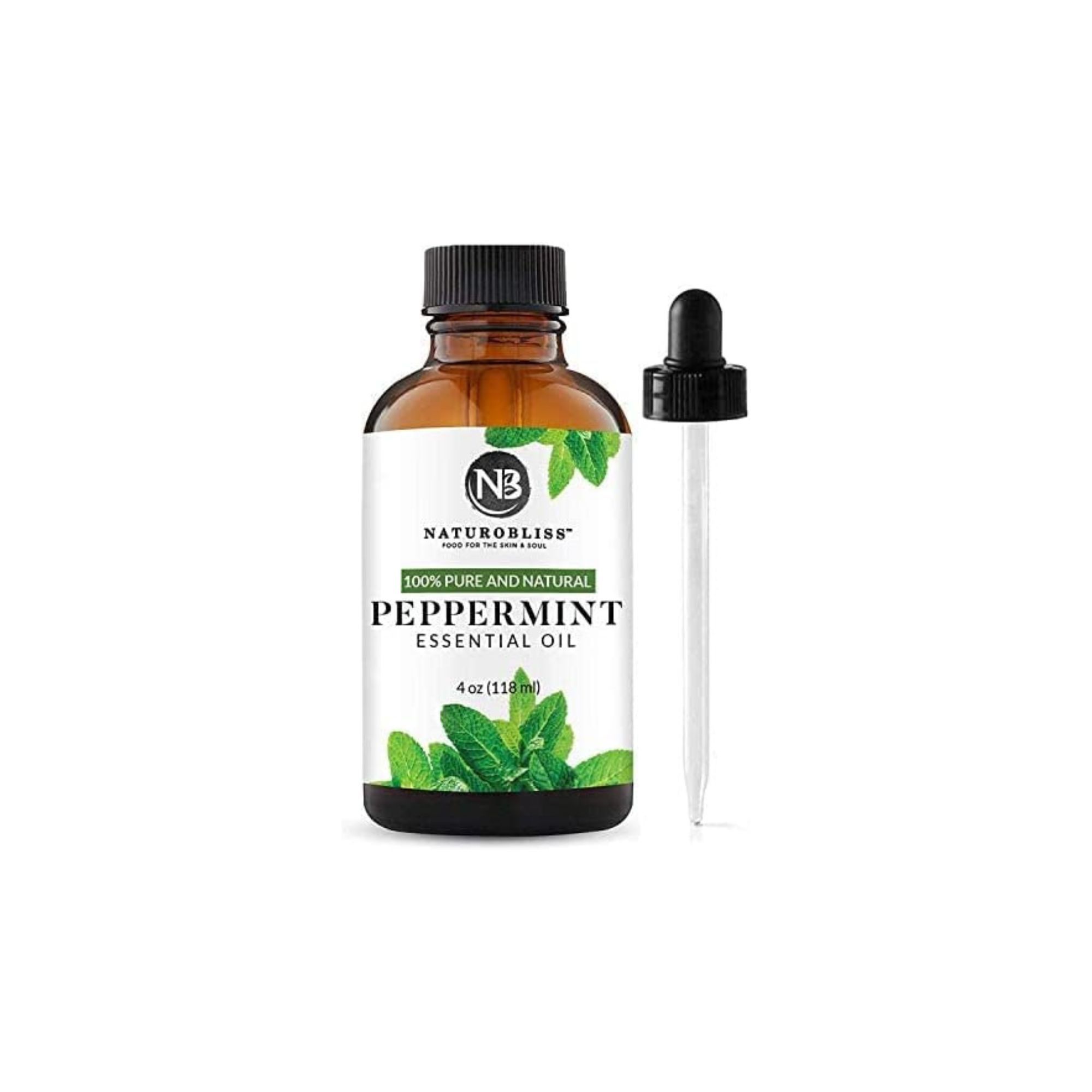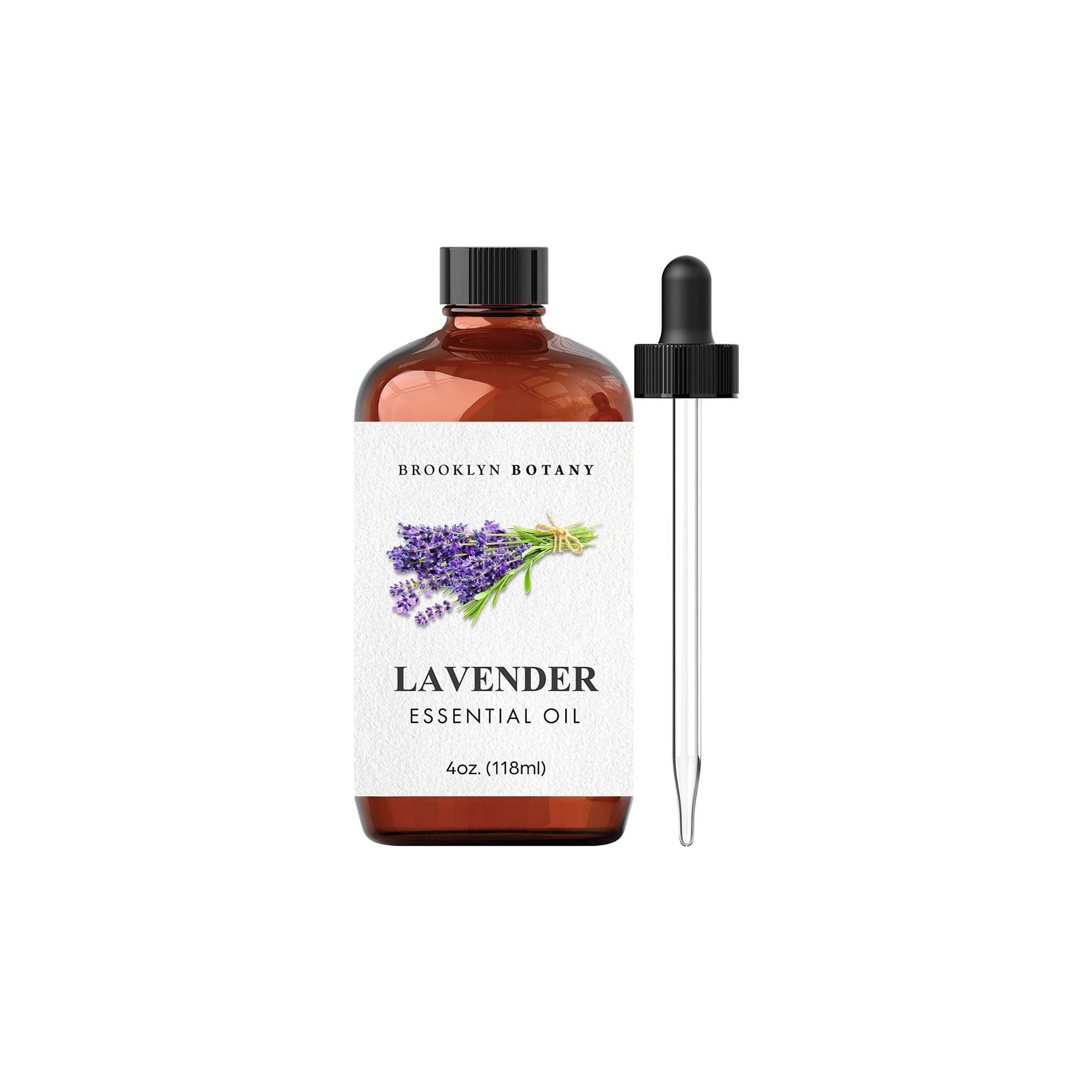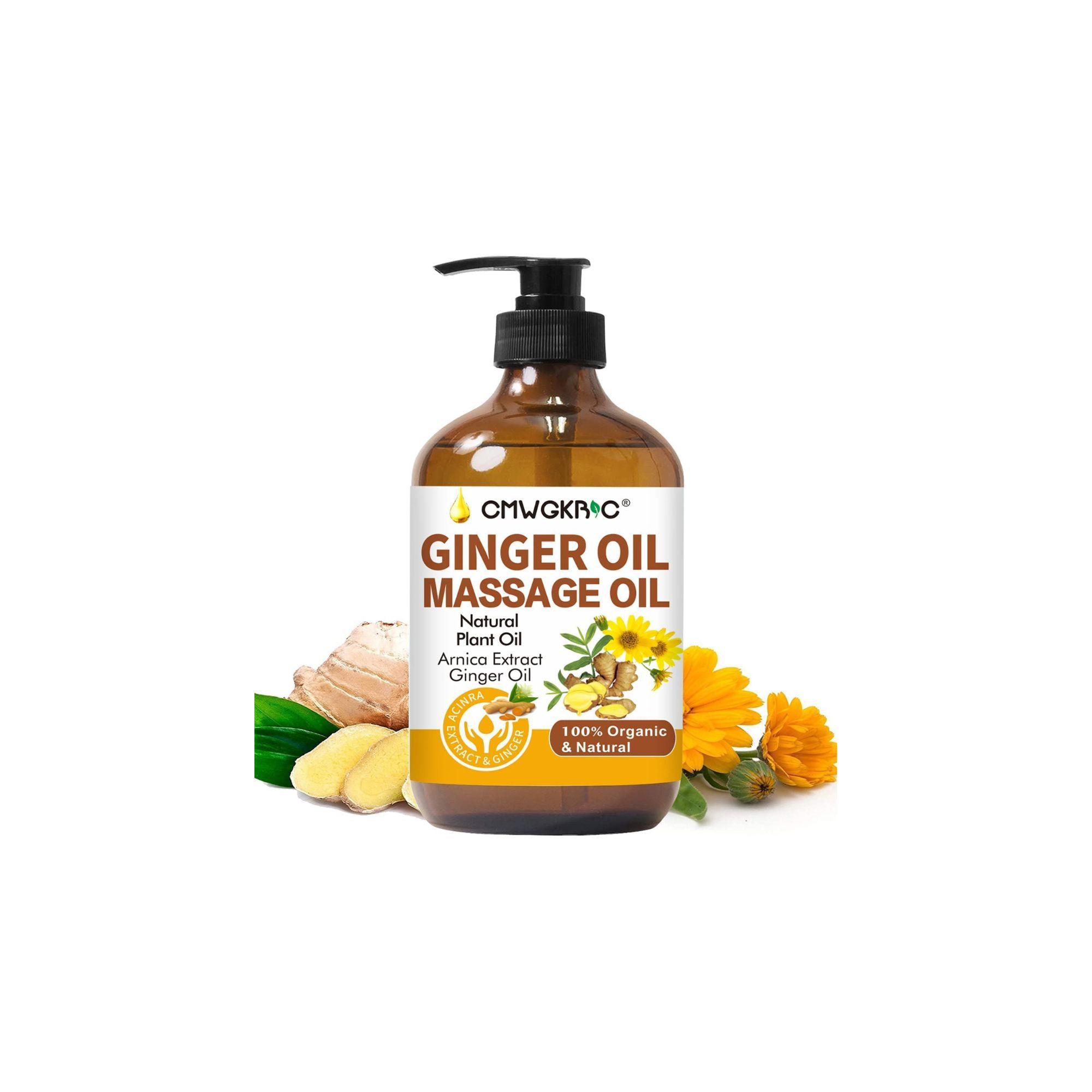Natural Essential Oils to Help Relieve Nausea Symptoms
Discover the effective power of essential oils to relieve nausea symptoms. Essential oil blends are effective for aromatherapy and topical use.

Nausea is a persistent and distressing sensation that can cause discomfort and a desire for relief. If you ever get those bouts of nausea in your body, you'll surely want to know the quickest strategies to make it go away.
Nausea is often seen as a defense mechanism in some cases. For instance, it may help your body to reject bacteria-tainted foods like E. coli and prevent further ingestion. Vomiting can be the result of this response and help protect you from potential harm.
Nausea is often associated with pregnancy and is called "morning sickness," however, it can happen throughout the day or night. It's also a typical symptom of motion sickness, which many people experience frequently. Essential oils are a recommended natural alternative for reducing nausea. Studies have shown that certain essential oils can provide relief for this condition.
Peppermint oil has a refreshing scent and the aroma can provide a sense of calmness. Studies have found that when it comes to gastric muscles, inhaling peppermint oil may help in reducing post-operative nausea.
Lavender essential oil is recognized for its ability to promote relaxation and healing. Various studies have found that lavender has beneficial qualities that promote relaxation of the mind and body.
Ginger essential oil has been found in multiple studies that can be a great remedy against nausea symptoms, particularly in cases of motion sickness. It is also a generally safe and commonly used option to treat morning sickness in pregnant women and postoperative nausea.
Lemon essential oil is an increasingly popular choice among pregnant women looking for natural relief from morning sickness. This oil is mainly inhaled via aromatherapy to help ease nausea and vomiting associated with pregnancy (NVP).
Chamomile essential oil is a great remedy for stomach pain or discomfort. This can be easily added to your natural treatment plan, along with other helpful oils such as peppermint, lavender, and ginger oil.
Chamomile has been used for centuries to treat digestive issues like bloating, flatulence, diarrhea, anxiety, and insomnia. Chamomile essential oil is an ideal option for relieving nausea as it has amazing calming effects that not only help relax the stomach but also the mind.
What Is Essential Oil?
Essential oils are derived from highly concentrated plant compounds. Various properties of these chemical compounds can be used to achieve multiple benefits such as killing bacteria, relieving muscle tensions, easing pain, aiding digestion, and treating nausea.
Essential oils are becoming increasingly popular due to their low side effects and minimal risk. They have proven to be effective home treatments for a wide range of medical issues.
It is important to note that essential oils are not meant to be consumed and some can have adverse side effects. The best way to use them is by infusing the air with an inhaler or mixing them with a carrier oil, then applying it to your skin.
Essential oils may have the ability to relieve symptoms commonly associated with pregnancy-related nausea, stomach irritation, vertigo, gastrointestinal reflux, and other chronic ailments. This treatment method has the potential to provide relief without adverse effects on the body.
Many individuals use natural remedies, such as essential oils, to alleviate symptoms without concern for potential negative consequences. Scientific evidence has shown that holistic treatments are equally effective as traditional medications.
What Causes Nausea?
Nausea can be caused by different factors and it may vary from person to person. For example, some people may experience nausea due to motion sickness while others might be affected by certain smells or food items.
Nausea can be triggered by many different things, such as illnesses, food poisoning, medication, and even some chemotherapy-induced nausea. Moreover, people with stomach ulcers may experience nauseous feelings when they eat. Nausea is an unpleasant feeling that can be caused by a variety of factors, and no matter how hard we try to avoid it, everyone experiences it at some point.
Adverse Effects
Aromatherapy with essential oils has been known to provide relief from nausea fairly safely. Dermatitis is a possible side effect of peppermint and spearmint oils, due to their high concentrations of menthol. On the other hand, lavender oil has been known to cause dermatitis more frequently.
Combining gentle carrier oils like jojoba or coconut with stronger essential oils before applying to your skin can help you avoid burning or irritating your skin's surface. A good ratio to follow is 3 to 5 drops of essential oil in an ounce of carrier oil.
Experts suggest avoiding direct inhalation of oil diffuser vapor or steam from a dispenser, as it may irritate the mucous membrane in the nose and throat. If symptoms such as nausea lasting more than 48 hours or dehydration are present, it is recommended to seek medical advice from a professional.
This home remedy can provide relief from mild nausea, however, it is not intended to address the underlying cause of your nausea if it is caused by a bacterial or viral infection.
Using Essential Oils for Nausea
Nausea can be alleviated in a few ways with the help of essential oils, such as aromatherapy, ingesting it directly, or applying it topically.
Aromatherapy
Aromatherapy employs natural aromas from plants to bring about healing effects on the mind and body. These essential oils for nausea are inhaled which stimulates a reaction in the limbic system of the brain, thus inducing positive psychological and physiological effects.
Aromatherapy is a practice that can be done in various forms: inhaling oils through your nostrils, diffusing essential oils into the atmosphere, directly rubbing oils on the skin, getting massage therapy, or soaking in an oil-infused bath.
Oral Application
For proper and safe utilization of essential oils in relieving nausea, they must be certified organic, pure, and therapeutic grade. Most oils that are available in the market contain synthetic dilutions which make them unsafe for consumption. Therefore, you should always check the quality before consuming any essential oil.
When used internally, it is recommended to stick to one or two drops at a time and not exceed three times in a day. To get the best results, mix it with liquid or food like unsweetened raw applesauce before consuming.
When it comes to consuming essential oils, you could opt for various oral application options like capsules, simply adding a drop or two to your drink, making a tea out of them or even cooking with them. However, caution must be taken as you only need a small amount - just one or two drops should be sufficient.
Topical Application
Essential oils can effectively ease nausea when applied to specific areas like the stomach, neck, or feet. All it takes is a small amount of these natural oils and their properties will quickly get into the skin.
Blending essential oils with carrier oils such as sweet almond, olive, jojoba, avocado, and coconut oil is recommended for optimal usage. This process will decrease the concentration of the oils and enhance their impact. For relief from nausea, you can create a cooling compress by adding a few drops of lavender or peppermint essential oil. Then, simply place the compress over your head or the back of your neck to calm your stomach.
It is important to recognize that essential oils do not offer a universal solution for all ailments. Aromatherapy using an essential oil blend is a potential treatment option for nausea. Taking slow deep breaths and inhaling scents can potentially alleviate nausea symptoms with minimal risk. If experiencing nausea, attempt using the preferred oil to alleviate symptoms.






